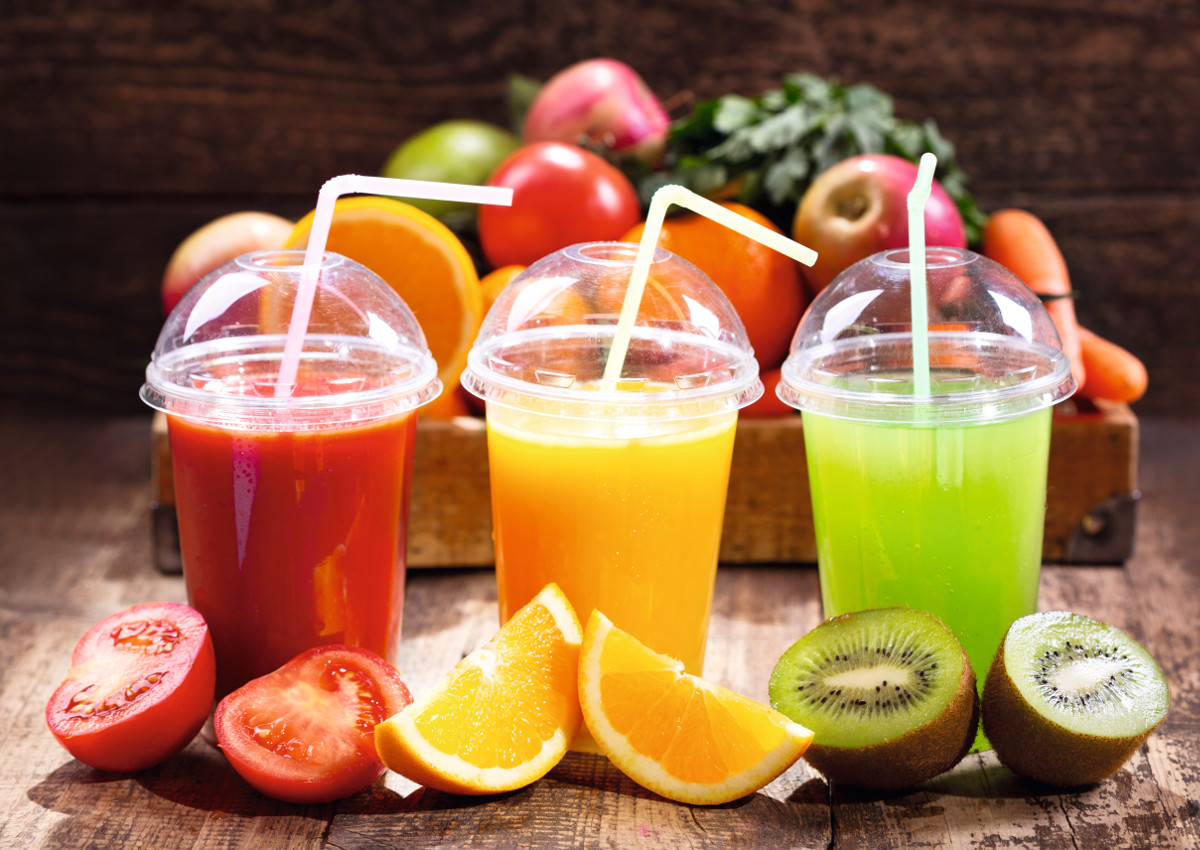
On National Made in Italy Day, Assobibe – the association representing Italian non-alcoholic beverage producers – highlighted the sector’s contribution to global perceptions of Italian craftsmanship. “Iconic drinks such as aranciata, chinotto, cedrata, and non-alcoholic aperitifs are inextricably linked to local traditions, evoking a sense of nostalgia for ancient flavors. These beverages take a piece of our culture to the world: a national excellence that deserves to be safeguarded,” said Giangiacomo Pierini, President of Assobibe.
Italian soft drinks have a rich history, solidified in the early 20th century, evolving into a significant industrial sector. This tradition is highly regarded internationally, where the unique variety and quality of Italian ingredients continue to attract a growing consumer base. Gassose, spume, cedrate, aranciata, and non-alcoholic aperitifs are particularly prized for their use of premium Italian raw materials and the country’s characteristic innovation. Exports have surged, rising 117% over the past decade and 20% in the past two years, reaching key markets such as the US, Canada, and the UK.
INNOVATION DRIVES ITALIAN SOFT DRINK SECTOR FORWARD
While rooted in tradition, the Italian soft drink sector is also defined by constant innovation. Companies are increasingly crafting new formulations, catering to evolving consumer demands with low-calorie and zero-calorie options. Packaging innovations have also been a focal point, with all materials – glass, aluminum, and plastic – now 100% recyclable. In recent years, companies have launched numerous initiatives to mitigate environmental impact.
Soft drinks hold a significant place in the social fabric of Italy. According to recent Euromedia Research data for Assobibe, 61.8% of Italians enjoy a moment of relaxation with their preferred non-alcoholic drink. For over seven in ten, consumption is closely tied to socializing and communal experiences, with 73% associating their drink with social gatherings and 56.5% citing it as an enabler of conversation and connection.
SUGAR TAX POSES THREAT TO ITALY’S BEVERAGE SECTOR
However, the industry faces mounting uncertainty amid rising inflation, escalating raw material and energy costs, and declining consumption. The situation is further complicated by the evolving landscape of U.S. trade tariffs. This sense of unease is compounded by the impending introduction of a sugar tax, which could drive up prices and reduce demand while increasing administrative burdens for companies.
